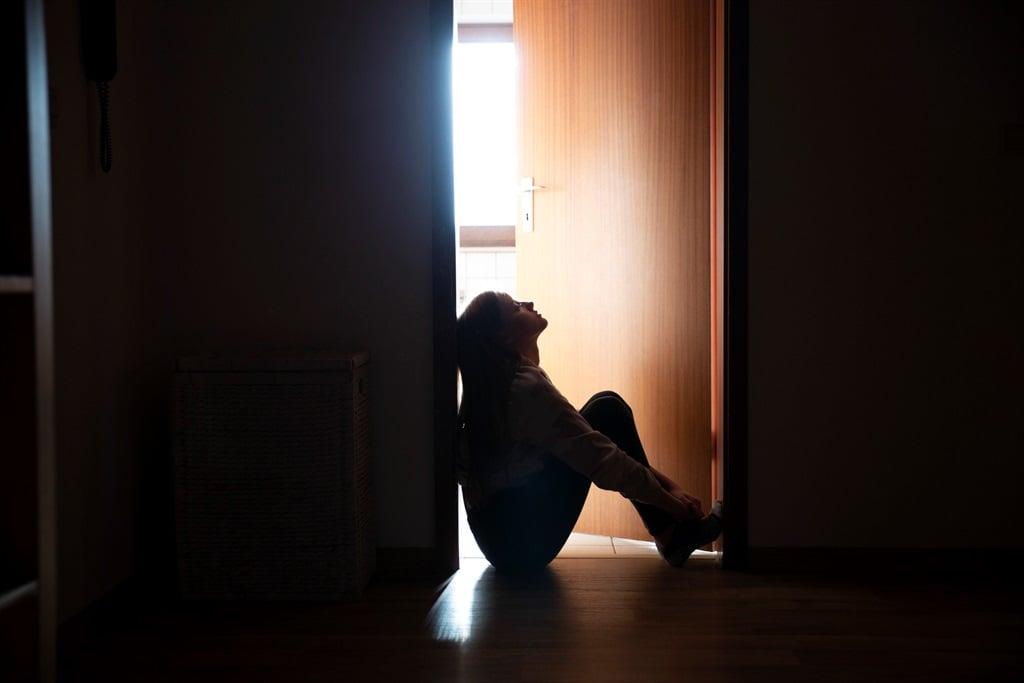Africa-Press – South-Africa. Don’t ignore your teens’ self-harm behaviour as attention-seeking, a child psychologist has warned, saying that 50% of teens who self-harm usually repeat it.
Dr Terri Henderson, a member of the South African Society of Psychiatrists, says teens who self-harm often suffer from undiagnosed mental health issues. Usually, they struggle with physical, verbal, and sexual abuse; negative interpersonal experiences; and dysfunctional support systems.
“Most young people who self-harm do not seek help for the behaviour, fearing the stigma associated, the reaction of parents, peers, and other adults. They fear that others will judge them, or they may be viewed as a burden to caregivers and are often ashamed of their self-harming activities. When self-harm is used regularly as a coping mechanism, symptoms are often hidden to avoid the recognition of numerous and especially new scars. Eventually, self-harm is a behavioural pattern or coping mechanism that is difficult to break,” Henderson adds.
These are among the other factors that lead to self-harm:
A Unicef South Africa U-Report poll in 2021 revealed that more than 65% of young people in SA did not seek help for mental health issues.
“More than a quarter of respondents didn’t think their mental health problem was serious enough to seek support, 20% did not know where to get help, and 18% feared what people would think. Increased poverty and a lack of hope for the future are the reasons for children and young people’s anxiety.”
Increased poverty and a lack of hope for the future top the reasons given for anxiety experienced by children and young people, showing a shift from violence as the lead reason in a similar Unicef poll conducted six months earlier.
People who need help are encouraged to call the SA Depression and Anxiety Group (Sadag) on their 24-hour helpline: 0800 456 789.
For More News And Analysis About South-Africa Follow Africa-Press






